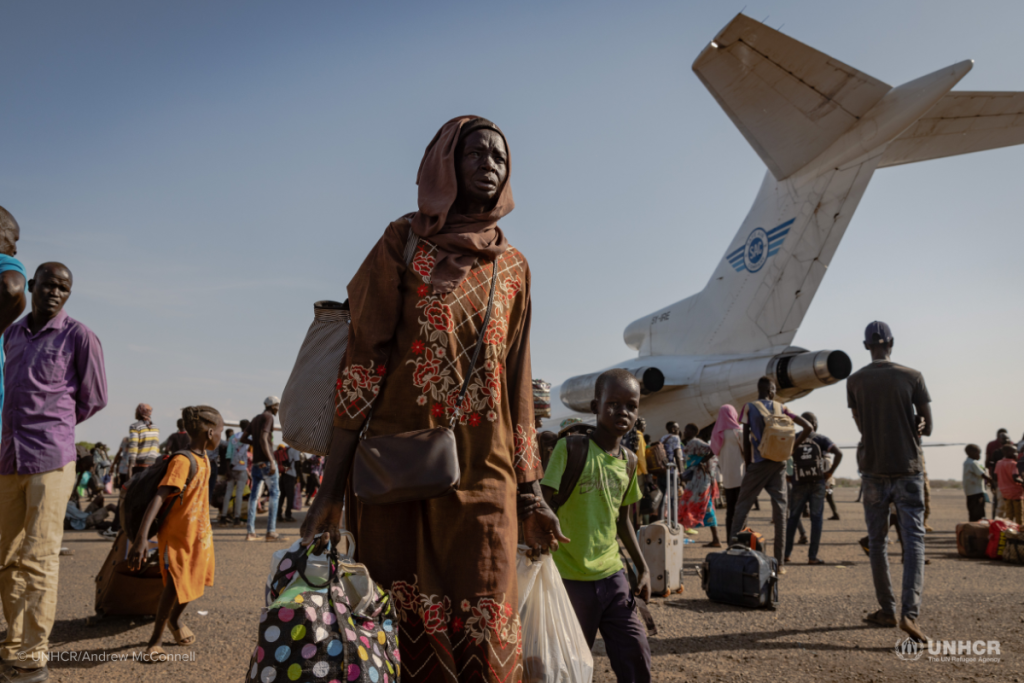A senior United Nations official has warned that the international community has failed to fully comprehend the severity of the ongoing crisis in Sudan, which has now entered its second year of civil war. Mamadou Dian Balde, who oversees the United Nations refugee agency’s response to the crisis, stated that current diplomatic efforts are insufficient given the magnitude of the situation.
Balde told AFP from the UNHCR headquarters in Geneva that the international response is not commensurate with the needs of those affected. He expressed concern that the gravity of the crisis and its far-reaching impact are not fully recognised, as the United Nations refugee agency (UNHCR) and its partners have only received 30% of the $1.5 billion requested for a regional plan to support Sudanese refugees in 2024.
Since the conflict erupted in mid-April 2023 between the paramilitary Rapid Support Forces (RSF) and the Sudanese army, tens of thousands of lives have been lost, and the war has displaced millions. According to the UN, around 12 million people have been forced to flee their homes, making it one of the worst humanitarian crises in recent memory.

Balde stressed that Sudan is not just a regional issue but a global one, as refugees are fleeing not only to neighbouring countries but to regions further afield, including Uganda, and potentially even Europe. In South Sudan alone, the number of people crossing the border has dramatically increased, with up to 40,000 refugees arriving in just two weeks.
The conflict has also triggered a protection crisis of a monumental scale, with both sides accused of committing serious abuses, such as using hunger as a weapon of war, looting humanitarian aid, and engaging in acts of torture and sexual violence. Despite these grave concerns, the UNHCR has not yet received sufficient funds to address the crisis.
UNHCR is adapting its strategy to avoid the creation of new camps, which are expensive and difficult to manage. Instead, a new urbanisation approach is being implemented in partnership with UN-Habitat to better support the growing number of refugees.
Balde called for urgent intervention from the UN Security Council and influential states to put an end to the conflict, stressing that it is not only a humanitarian issue but also one of peace, stability, and long-term development.


